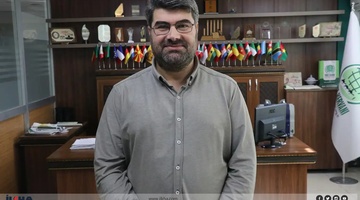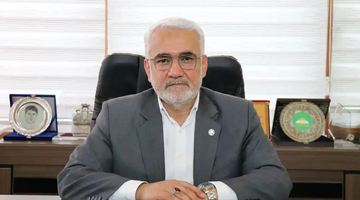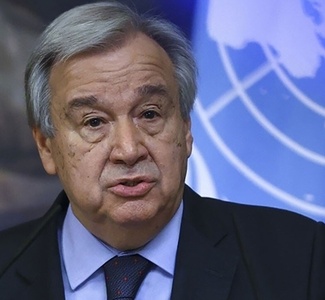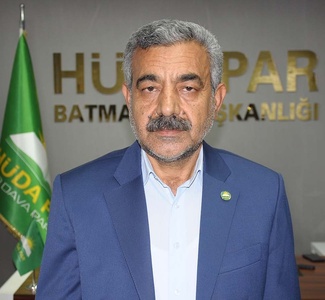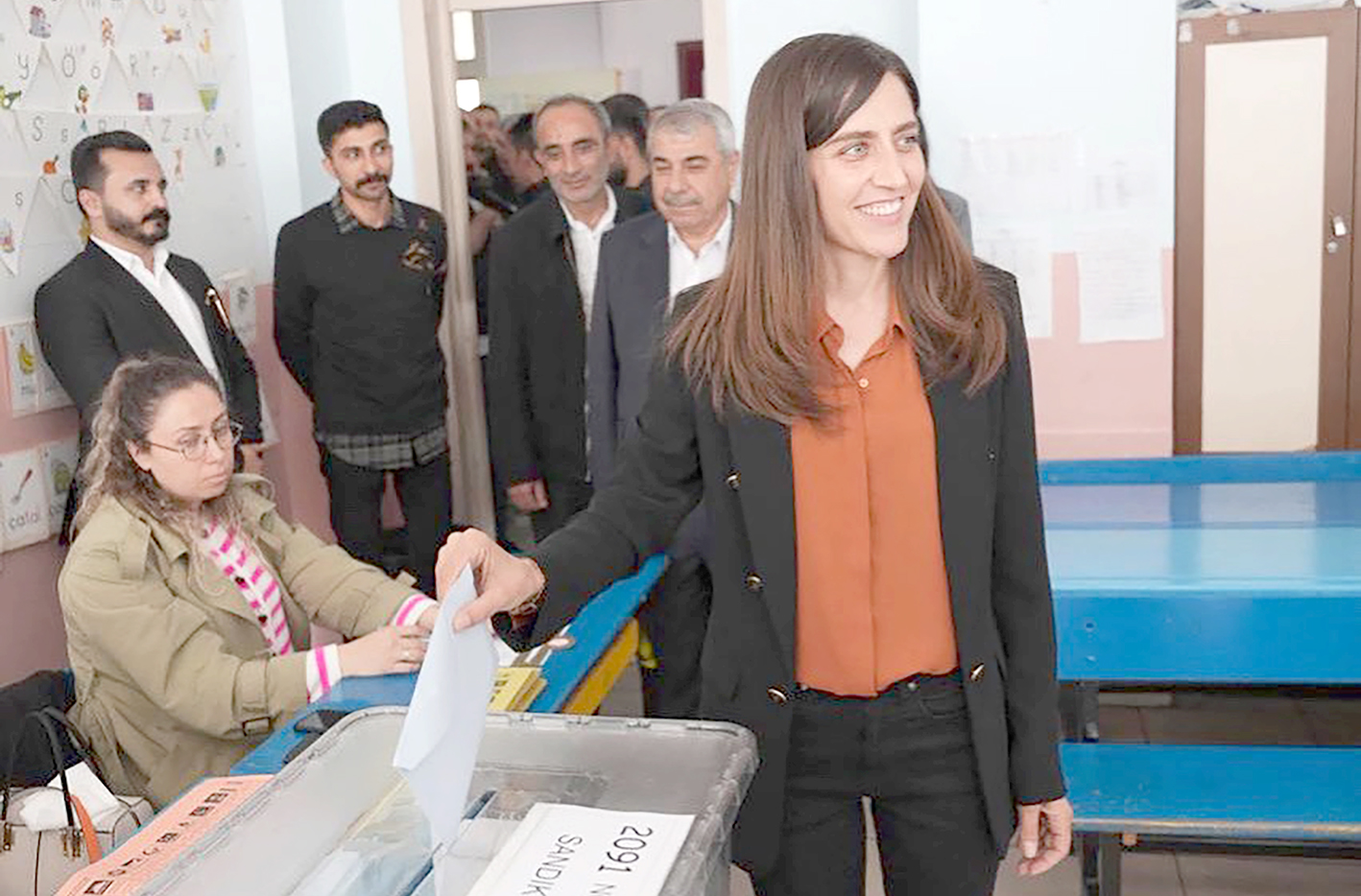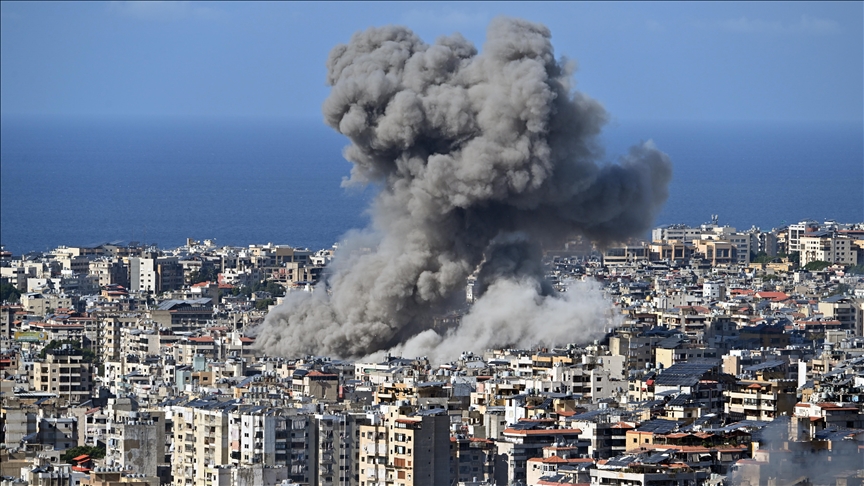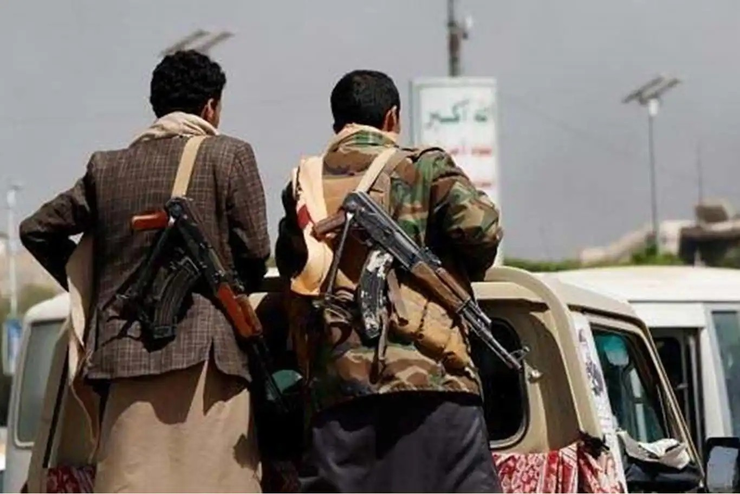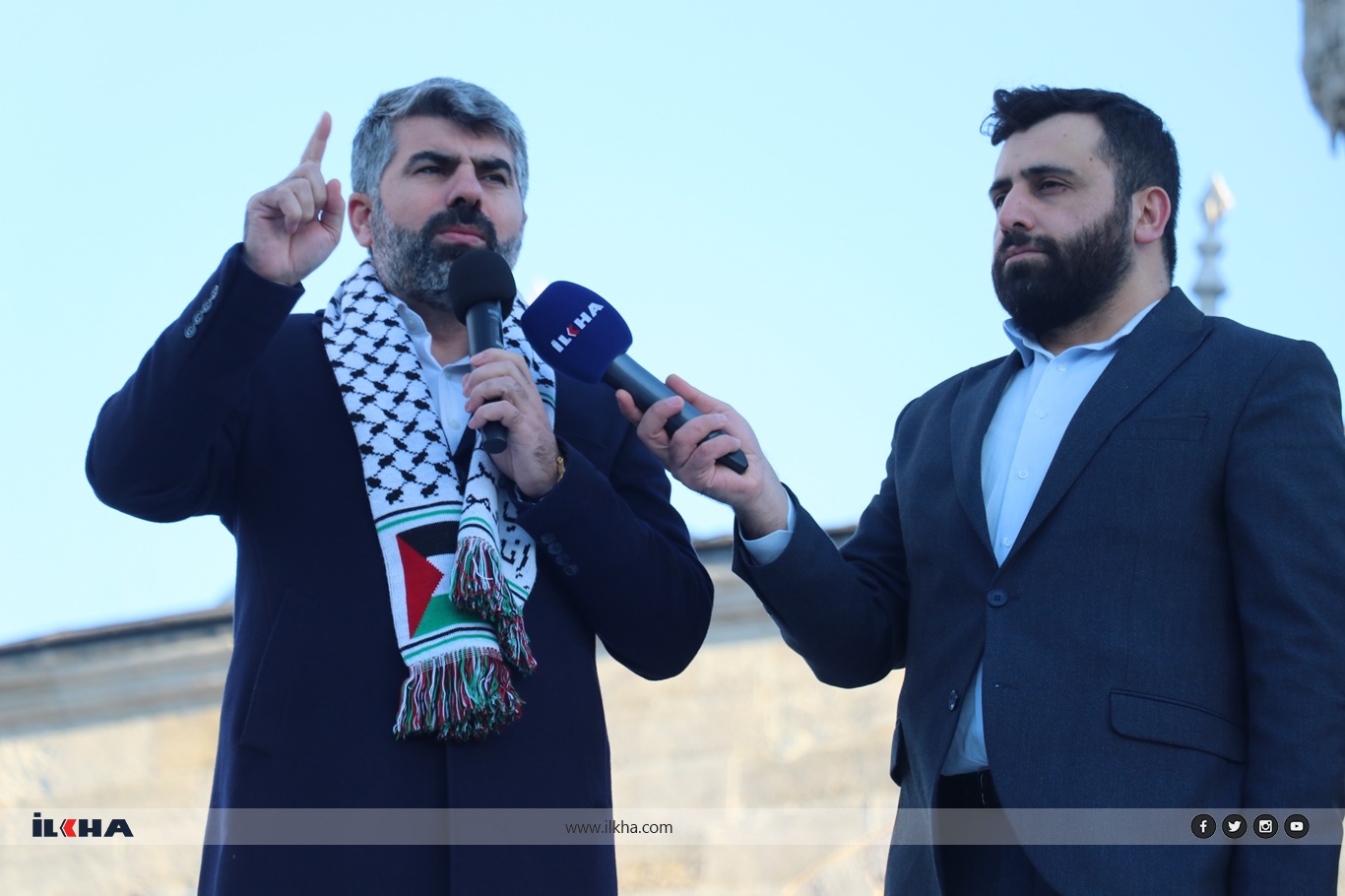Zakat al-Fitr: A bridge of support and empathy in Muslim communities
Zakat al-Fitr holds significant importance in Islam, serving as a means of spiritual purification and social welfare.

 Google News'te Doğruhaber'e abone olun.
Google News'te Doğruhaber'e abone olun. As the holy month of Ramadan draws to a close, Muslims worldwide prepare to fulfill this mandatory charity, reflecting on its wisdom, obligations, distribution methods, and timing.
Zakat al-Fitr, rooted in the Arabic word "zakah" (purification) and "fitr" (breaking the fast), signifies the obligatory charity incumbent upon Muslims at the conclusion of Ramadan. The Prophet Muhammad established it as a means to purify the fasting individual from idle talk and foul language while providing sustenance to the less fortunate.
Ibn 'Abbaas narrated that the Prophet Muhammad mandated Zakat al-Fitr to spiritually cleanse the fasting person and alleviate the plight of the needy. By paying Zakat al-Fitr, Muslims partake in the collective responsibility of uplifting their community and fostering empathy and compassion.
Scholars unanimously agree on the obligatory nature of Zakat al-Fitr, as affirmed by Ibn 'Umar's narration and supported by scholarly consensus. Its status as a mandatory charity underscores its significance in Islamic jurisprudence and communal welfare.
Zakat al-Fitr becomes obligatory at sunset on the final day of Ramadan, marking the commencement of the Eid al-Fitr festivities. Muslims are encouraged to fulfill this obligation before the Eid prayer, ensuring timely assistance to the needy and adherence to religious injunctions.
Zakat al-Fitr is incumbent upon all Muslims, irrespective of age, gender, or social status, provided they possess the means to contribute. The charity serves as a source of sustenance for the less fortunate, including the poor, debt-ridden individuals, and those actively engaged in the service of Islam.
The standard measure for Zakat al-Fitr is one saa' of food, based on the tradition of the Prophet Muhammad. Common food items suitable for human consumption, such as dates, wheat, rice, or barley, serve as appropriate contributions, aligning with local dietary preferences and customs.
Zakat al-Fitr must be disbursed in the form of food, adhering to the Prophet's directive. While individuals are encouraged to distribute it personally, trustworthy representatives may facilitate its collection and distribution, ensuring equitable assistance to deserving recipients.
Adhering to the recommended timeline, Zakat al-Fitr should be distributed before the Eid prayer, enabling recipients to partake in the festive celebrations with dignity and ease. Delays in payment without valid reasons are discouraged, emphasizing the urgency of addressing the needs of the underprivileged.
Zakat al-Fitr should be allocated in the country where it becomes obligatory, even if the contributor resides elsewhere. This ensures that the charity reaches its intended beneficiaries promptly, fostering community cohesion and collective responsibility.
Understanding Zakat al-Fitr extends beyond mere compliance with religious obligations; it embodies the essence of compassion, solidarity, and social justice in Islam. By upholding the principles of Zakat al-Fitr, Muslims reaffirm their commitment to communal welfare, exemplifying the timeless values of generosity and empathy cherished in the Islamic tradition. (ILKHA)



























